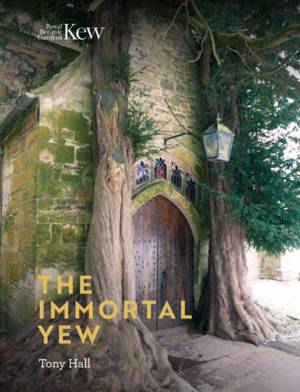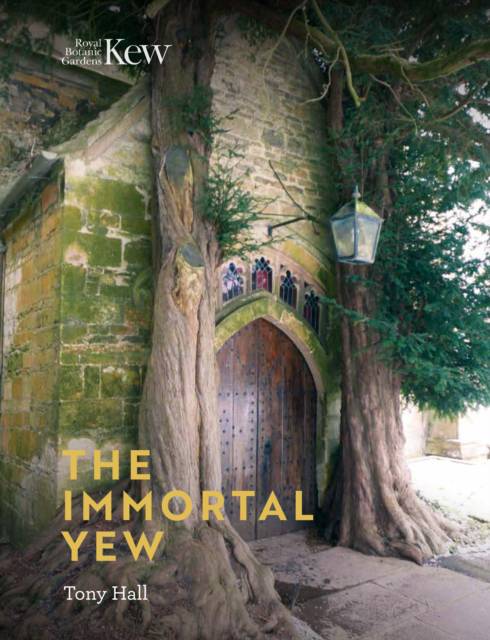
- Retrait gratuit dans votre magasin Club
- 7.000.000 titres dans notre catalogue
- Payer en toute sécurité
- Toujours un magasin près de chez vous
- Retrait gratuit dans votre magasin Club
- 7.000.000 titres dans notre catalogue
- Payer en toute sécurité
- Toujours un magasin près de chez vous
Description
As some of the oldest living organisms to be found in Europe, yew trees have become inextricably bound up in some of the oldest enduring institutions of European culture. In The Immortal Yew, Tony Hall explores the biological, cultural, and mythic significance of these imposing evergreens. Supporting a range of animals and plants, yew trees foster new life by contributing to biodiversity in their surroundings. But their common occurrence in churchyards and their evergreen leaves have given them a separate folk status as symbols of life--in the British isles, they have come to represent the resurrection and eternal life central to the Christian faith. Their enduring significance to British culture extends beyond the church, however--even the founding political document of British government, the Magna Carta, is believed to have been sealed beneath a yew tree. Despite the enduring presence and significance of the yew tree across a millennium of British history, this seemingly immortal stalwart faces new threats in the twenty-first century as elderly trees near the end of their lives and global climate change threatens the next generation. Perhaps by spending time in the generous shade of one of the yew trees Hall documents in this beautifully illustrated book, a new generation might begin to learn the importance of protecting its legacy and invest in its future.
Spécifications
Parties prenantes
- Auteur(s) :
- Editeur:
Contenu
- Nombre de pages :
- 224
- Langue:
- Anglais
Caractéristiques
- EAN:
- 9781842466582
- Date de parution :
- 15-01-19
- Format:
- Livre relié
- Format numérique:
- Genaaid
- Dimensions :
- 196 mm x 246 mm
- Poids :
- 1043 g







